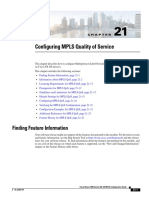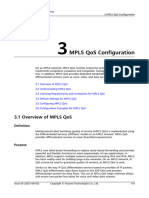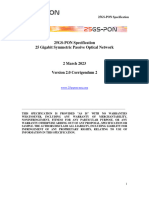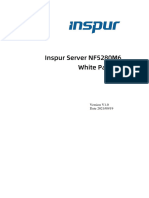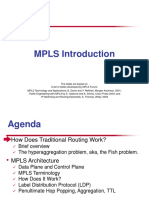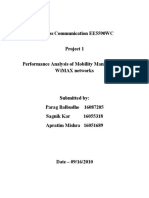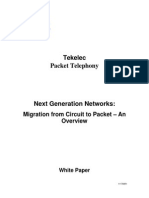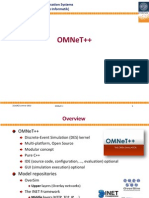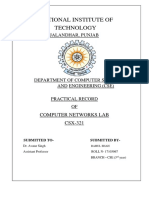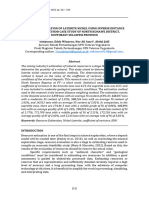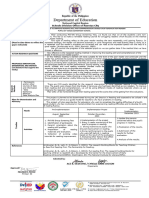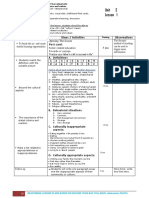0% found this document useful (0 votes)
76 views17 pagesOMNeT++ Python Integration Summit
OMNeT++ is adding Python integration to enable several useful capabilities. Python can be used for setting up models, extending NED expressions, implementing custom components, and analyzing simulation results. Upcoming tools will allow Python code in NED files using new functions, implementing modules in Python, and accessing the simulation library from Python. This will offer benefits like automated workflows, leveraging computing resources, and storing results rather than recomputing. A demo showed Python integration in sample simulations.
Uploaded by
gentlemanchengyitao100Copyright
© © All Rights Reserved
We take content rights seriously. If you suspect this is your content, claim it here.
Available Formats
Download as PDF, TXT or read online on Scribd
0% found this document useful (0 votes)
76 views17 pagesOMNeT++ Python Integration Summit
OMNeT++ is adding Python integration to enable several useful capabilities. Python can be used for setting up models, extending NED expressions, implementing custom components, and analyzing simulation results. Upcoming tools will allow Python code in NED files using new functions, implementing modules in Python, and accessing the simulation library from Python. This will offer benefits like automated workflows, leveraging computing resources, and storing results rather than recomputing. A demo showed Python integration in sample simulations.
Uploaded by
gentlemanchengyitao100Copyright
© © All Rights Reserved
We take content rights seriously. If you suspect this is your content, claim it here.
Available Formats
Download as PDF, TXT or read online on Scribd
/ 17






